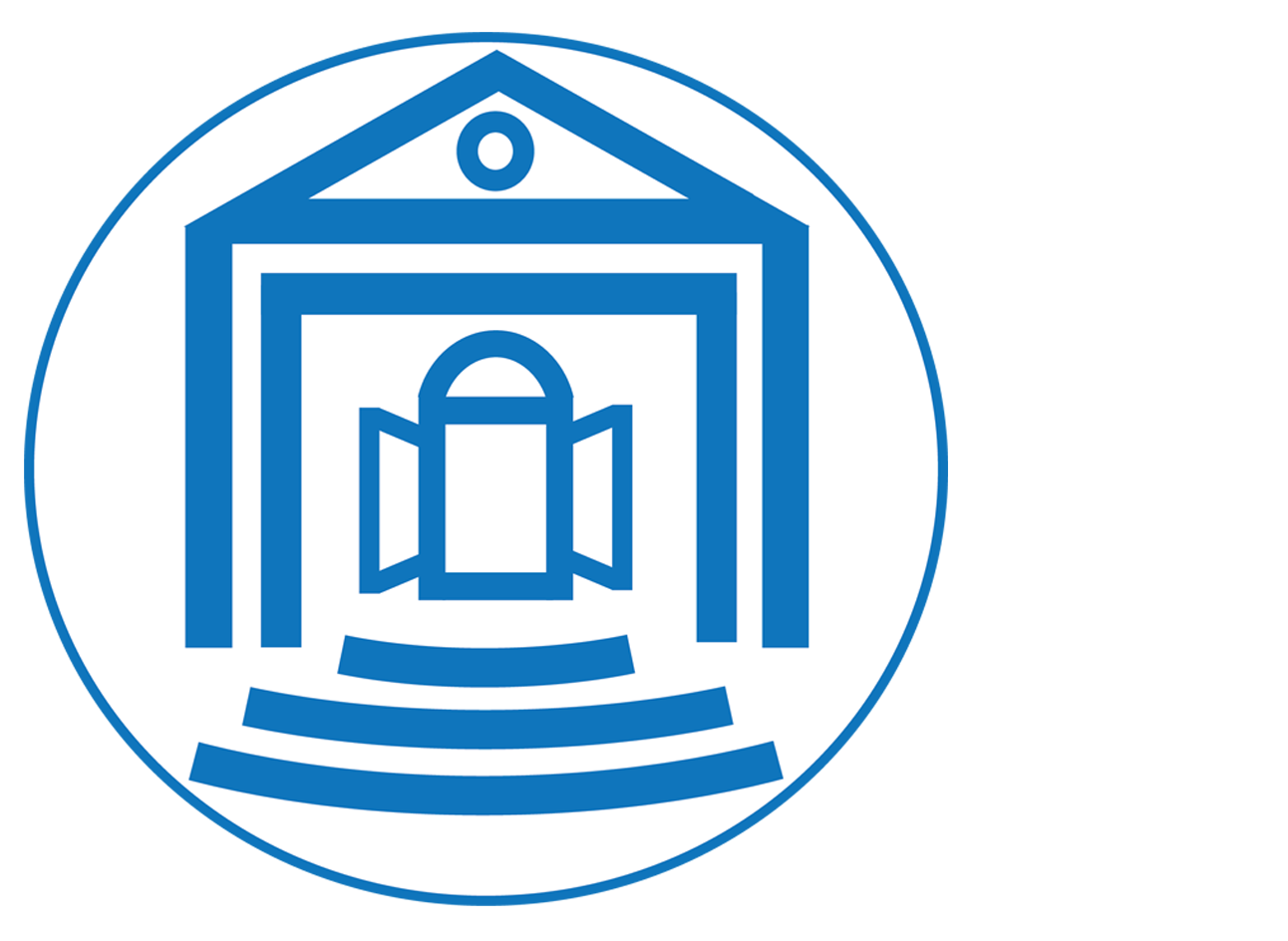Interfaith Update and the Evanston Reparations Initiatives
Evanston Friends Meeting is represented in two interfaith groups in Evanston.
Interfaith Action of Evanston (IAE) has as its mission feeding hungry people and providing safe, warm shelter for men and women who are homeless. The many donations meeting members and attenders have made to the SNAPGap program, received with gratitude, go through this organization for distribution. IAE also works with others to advocate for the expansion of affordable housing in Evanston. Volunteer opportunities abound!
Evanston Interfaith Clergy and Leaders gathers monthly to learn and share how various congregations address myriad social issues in Evanston. A collaborative effort is presently underway to help with the reparations initiatives in Evanston.
The Evanston Reparations Initiatives
Evanston became the first city in the country to accept responsibility for working to “…acknowledge and compensate for the harm that pervasive structural racism has caused to our society and to individuals; and …to move forward by reconciling ourselves with our past.” The Evanston City Council, recognizing the systemic racism present in local residential zoning between 1919 and 1969, established a fund through the allocation of cannabis tax receipts, focusing on restorative housing. The first grants through this fund have just been made.
BUT…this fund is subject to restrictions because the money involved is raised by taxes.
SO…another fund, now known as The Reparations Stakeholders Authority of Evanston (RSAE) has been established. Donations form the financial base for this fund. RSAE has filed for 501c3 status with the State of Illinois. While awaiting the paperwork, donated funds are being managed at no cost by The Evanston Community Foundation. THIS IS THE FUND THE MEETING HAS BEEN INVITED TO CONTRIBUTE TO.
Key Facts and Urgency
Interfaith Clergy and Leaders (ICLE) has launched a drive to encourage all Evanston congregations to pledge and/or donate to the Reparations Stakeholders Authority of Evanston (RSAE) as an indication of our support for addressing past wrongdoing in our city and addressing it as best we can, knowing we cannot reverse all the harm done. Donations made at this time would to the restricted fund at the Evanston Community Foundation and would be tax deductible.
RSAE presently has a board of 16 members, composed of pastors of historically Black churches in Evanston as well as leaders from historically Black organizations. They have filed bylaws and other paperwork with the State.
Once funds are available, they will be distributed to fund projects proposed by stakeholders in our city. The current commitment is to projects/individuals/organizations that address inequalities in housing, education economic development, and healthcare. The “deciders” about these proposals and programs will be stakeholders from the Black community who will determine priorities and monitor effectiveness.
Should EFM decide to participate in any way and/or amount, we would become a part of this pioneering effort to right some of the wrongs of the past in our city.
EICL is planning a public launch of this interfaith initiative in early June!! To be recognized as a part of this, we will need to discern if we want to take such action. Note: we would not have to have the funds collected by then, simply to be clear in commitment.
Process
As is appropriate, this opportunity went first to Peace, Justice & Earthcare because it involves an action proposed to address justice issues. Because it involves money, they sent it to Trustees with a recommendation that we participate. Trustees, when they complete their discernment, will bring the matter to a Meeting for Business.
This brief article is not intended to step on committees’ discernments in any way, but to try to lay out as simply as possible, what the invitation is that we have received as a part of the interfaith community in Evanston.
And other things can be done, such as establishing relationships with historically Black congregations, undertaking projects with others, educating ourselves about our own history, etc. Financially participating in reparations is not the only thing, it’s just one thing that could be done should our discernment lead us there.

